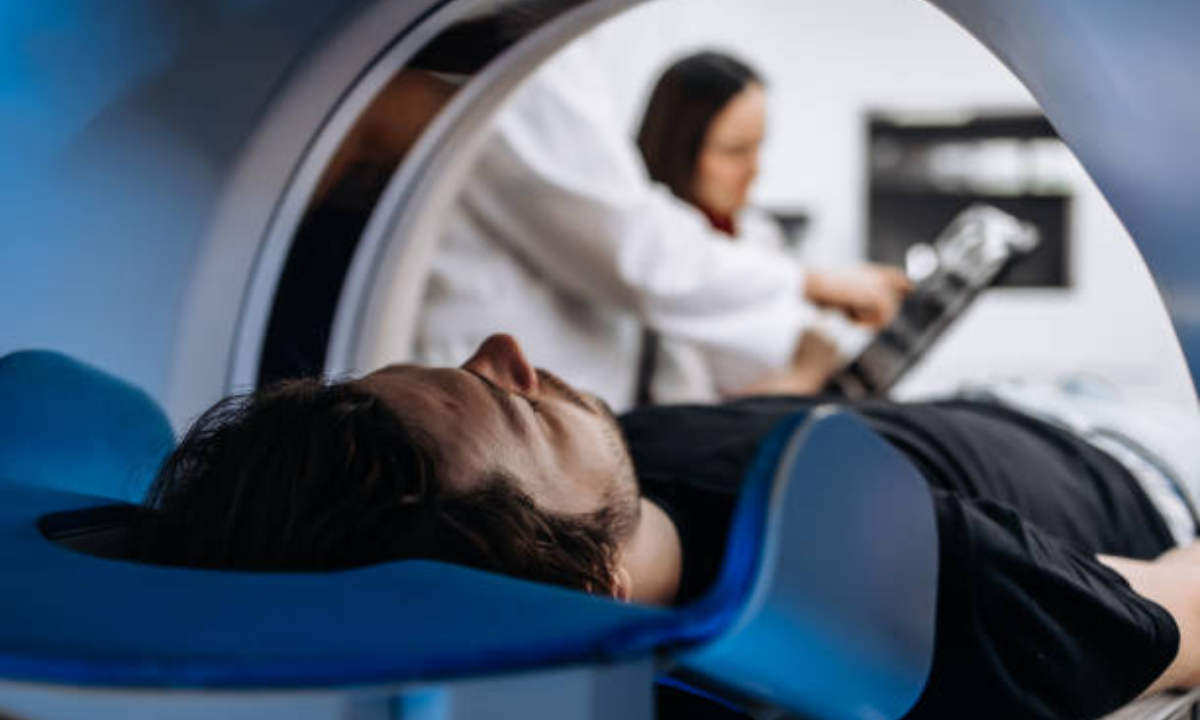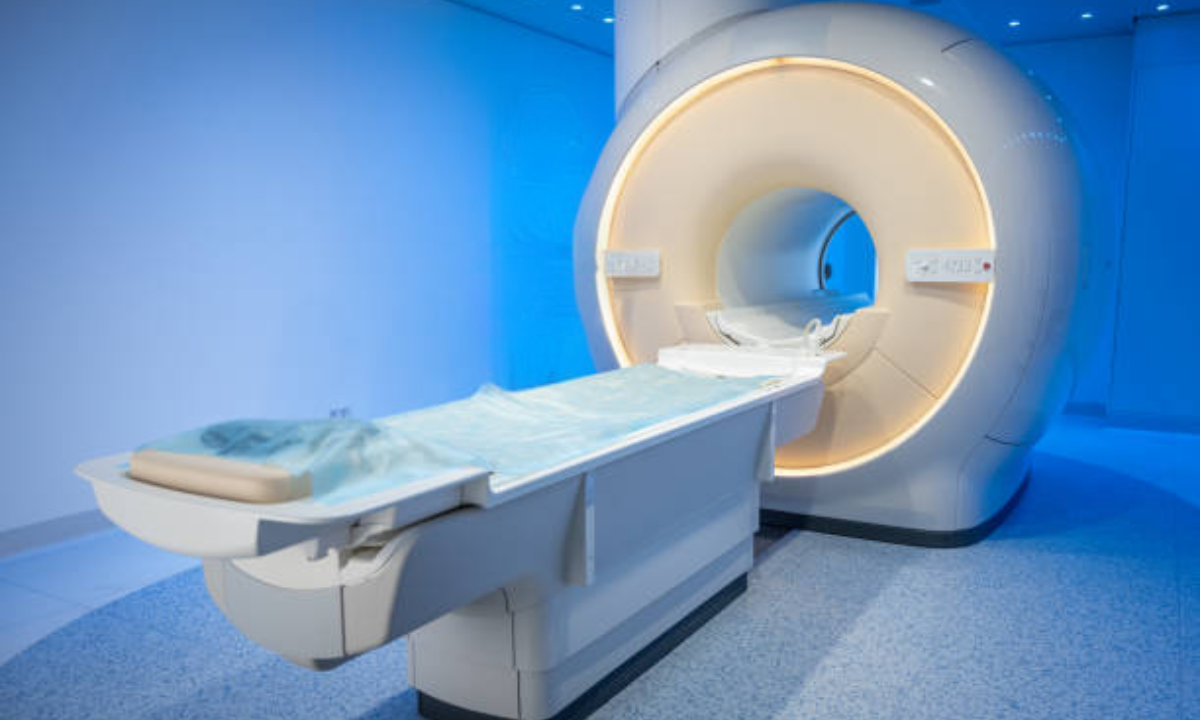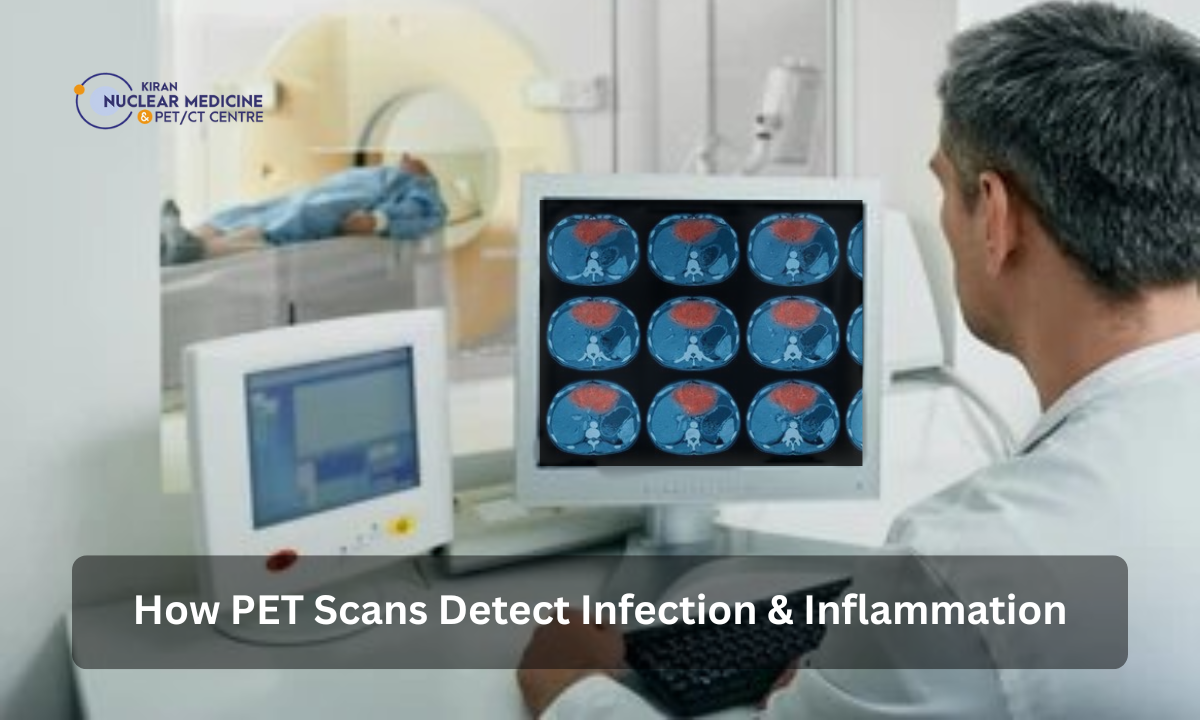Understanding PSMA PET
A PSMA PET (Prostate-Specific Membrane Antigen Positron Emission Tomography) scan is a modern nuclear medicine imaging technique used primarily for detecting and managing prostate cancer. It involves a radiotracer that binds specifically to PSMA proteins found in high amounts on prostate cancer cells, allowing for clear visualization through a PET scan.
This imaging technology plays a crucial role in prostate cancer diagnostics and treatment planning, significantly improving precision over conventional scans. It enables clinicians to locate cancer cells even at very early stages or when the disease recurs.
How PSMA PET Works

The PSMA PET scan operates by injecting a small amount of radioactive tracer into the body. This tracer seeks out PSMA proteins, which are typically overexpressed in prostate cancer cells. A PET scanner then detects the radiation emitted from the tracer, creating detailed images of areas where cancer may be present.
The tracer used in PSMA PET is often combined with fluoride-based isotopes or gallium-based isotopes, depending on the facility. The resulting image allows doctors to see the exact location, size, and spread of the disease in a minimally invasive and highly sensitive way.
Why PSMA PET Matters
The importance of PSMA PET lies in its ability to detect prostate cancer with higher accuracy. It is particularly useful in:
- Identifying cancer recurrence when PSA levels rise after treatment
- Staging prostate cancer before initiating therapy
- Determining the effectiveness of ongoing treatments
- Guiding decisions regarding surgery or radiotherapy
Compared to older imaging methods, PSMA PET provides superior clarity, making it an essential component of modern prostate cancer care.
Indications for PET Scan in Prostate Cancer
There are multiple indications for PET scan use in clinical practice, especially concerning prostate health. Patients may be advised to undergo a PSMA PET scan if they exhibit:
- Biochemical recurrence after surgery or radiation
- Ambiguous findings in conventional imaging tests
- The need for treatment monitoring
- High-risk or metastatic prostate cancer
In such cases, a PET scan prostate cancer diagnosis supports better outcomes by allowing tailored treatment approaches based on clear imaging data.
Advantages of PSMA PET Over Conventional Imaging
PSMA PET scans are highly regarded for their sensitivity and specificity in prostate cancer detection. Benefits include:
- Early detection of metastasis
- Precise disease mapping
- Reduced need for invasive biopsies
- Improved patient stratification for treatment options
- Better monitoring of disease progression
Because of its effectiveness, many specialists now prefer PSMA PET over standard bone scans, CT scans, or MRI, especially when clarity is essential for treatment strategy.
PET CT Scan Prostate Cancer vs PSMA PET
While both PET CT scan prostate cancer and PSMA PET are used to visualize cancer, they differ significantly in their application and diagnostic capability. A general PET CT scan may use different tracers such as FDG (fluorodeoxyglucose), which are not prostate-specific and may miss small lesions or low-grade disease.
In contrast, PSMA PET provides a targeted approach, visualizing PSMA-expressing cells with high fidelity. As a result, PSMA PET has become a preferred diagnostic tool in prostate oncology.
Procedure and Preparation for PSMA PET
Before a PSMA PET scan, patients are advised to follow pre-scan instructions, which may include:
- Fasting for a few hours
- Hydration guidelines
- Avoiding strenuous physical activity
During the scan, the tracer is administered intravenously, followed by a short waiting period. The scan itself takes around 30 to 60 minutes. No major side effects are expected, and patients can usually resume daily activities soon after.
Safety and Side Effects
The PSMA PET scan is considered safe. The amount of radiation exposure is minimal and within accepted medical standards. Mild side effects like temporary injection site discomfort or mild dizziness may occur, but are uncommon.
Patients should inform their doctor about allergies, medications, or other health conditions before undergoing the scan. Pregnant or breastfeeding women are typically advised to avoid PET scans unless necessary.
PSMA PET Scan in Bangalore
The growing demand for PSMA PET scan in Bangalore has led to the establishment of multiple advanced nuclear medicine centres. These facilities offer the latest technology, trained radiologists, and adherence to global imaging standards.
Choosing a trusted diagnostic centre in Bangalore ensures access to accurate, early diagnosis and professional handling of sensitive medical conditions. The availability of PSMA PET scan in Bangalore is helping more patients get timely treatment and better outcomes.
Clinical Impact of PSMA PET in Prostate Cancer
The introduction of PSMA PET has redefined how clinicians diagnose and treat prostate cancer. It aids in:
- Identifying small, previously undetectable lesions
- Making surgical and radiation treatment more precise
- Avoiding overtreatment of low-risk patients
- Tracking disease recurrence at earlier stages
The clinical accuracy of PSMA PET is reshaping prostate cancer pathways from diagnosis to recovery.
Cost Consideration and Insurance Coverage
While the PSMA PET scan may come at a higher cost than standard imaging, its accuracy often makes it more cost-effective in the long term. Detecting cancer early and preventing unnecessary treatments helps reduce overall medical expenses.
Many hospitals and diagnostic labs now provide billing transparency and insurance support to make the scan accessible for more patients.
Limitations of PSMA PET
Despite its benefits, PSMA PET is not without limitations. It may not detect extremely small lesions in rare cases or cancers that do not express PSMA. Also, not all medical institutions offer this scan, limiting its availability in some regions.
However, advancements in imaging research are continuously improving the efficacy and scope of this powerful diagnostic tool.
Future of PSMA PET
As technology advances, the application of PSMA PET is expected to grow beyond prostate cancer. Research is exploring its use in other PSMA-expressing tumors and its integration with theranostic approaches for targeted therapy.
With increasing adoption, PSMA PET is poised to become a staple in oncological imaging and personalized cancer care.
Conclusion
The PSMA PET scan is revolutionizing prostate cancer diagnosis and monitoring. Its accuracy, specificity, and clinical relevance make it an essential tool for modern healthcare. From identifying early-stage lesions to guiding advanced treatment decisions, PSMA PET is central to high-quality prostate cancer care.
Those seeking advanced imaging services, such as PSMA PET scan in Bangalore, can now access state-of-the-art facilities with experienced professionals and world-class infrastructure.
Kiranpet continues to play an active role in supporting innovative healthcare awareness and promoting access to essential diagnostics like PSMA PET, especially in fast-growing urban centres.







